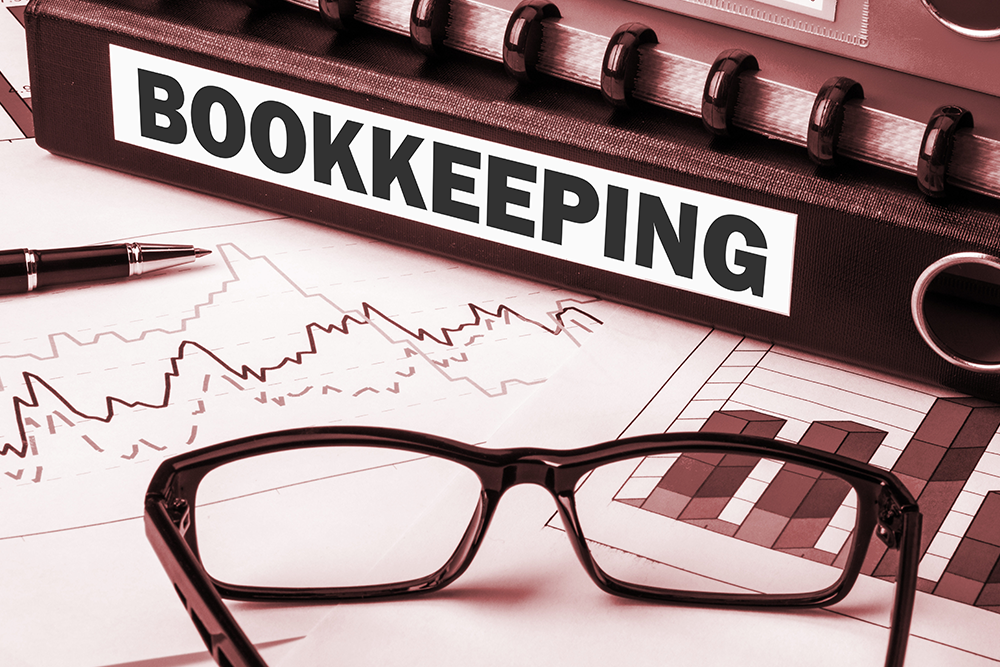Financial accounting is one of the most basic skills that any business must embrace to be successful, yet, financial know-how, issues, and analysis are often the entrepreneur’s weakness.
What is accounting?
In a nutshell, accounting is the language of business – a means to summarize the financial picture of a company which then helps us understand prospects.
Bookkeeping is the process of tracking all financial records, like income and expenses. While accounting is about interpreting those financial records and making sure you pay the right amount of taxes or make strategic business decisions based on your business’s numbers.
Business owners will often rely on accountants to help with strategic tax planning, financial analysis & forecasting, and actual tax filing.
The balance sheet basically summarizes a company’s net worth, at any single point in time. Since the income statement does not indicate how much cash a firm makes during a period, the cash flow statement is constructed to indicate the cash related balances for the fiscal year. Once you have made the decision on the methods to be used, and before setting up your chart of accounts, you need to think about what’s important to your company.
How do you identify what is important for your company to track?
Through the accounting system you can check both your cash-basis and accrual-basis accounting –cash flow is a huge issue. Generally speaking, the first thing you’re going to do is to look at your business and your expenses – take your bank statement from the last few months, see what’s coming through and what are you spending money on. Secondly, you are going to look at what your revenue side and figure out what are your different lines of business, and then look at what are your cost of sales or your direct costs associated with the revenue generation. Tracking things at the right level of detail is a tricky thing at first, and it often depends on the size of the business and the number of transactions that are completed daily and monthly.
But remember that all sales and purchases made by your business need to be recorded in the ledger, and most items need supporting documents such as invoices and bills-of-sale.
Payroll
The main thing about payroll is, if you hire an employee, you need to calculate payroll correctl. It’s recommended to hire a payroll company if you have more than a couple of employees, or if you don’t think you will make payroll payments timely, because the company you hire will make sure to process it on time.
What are the benefits of cloud-based accounting and what are integrations?
Having good management tools from the start is a seriously good idea, check out these European startups that will help you manage your business. There are also many tools that you might be able to integrate with your accounting system, the main thing is to figure out where the bottlenecks are in your financial and accounting systems. Some of the better-known accounting software currently available includes Freshbooks, Intuit Quickbooks, Xero, Wave, SAGE Business Cloud, Kashoo, Receipt Bank and Holded.
Choosing a good Bookkeeper
So, your bookkeeper is your basic level within the finance function. A good bookkeeper should have some good experience and you should vet them well. Often, in a startup scenario, the accountant will act as bookkeeper. To qualify as an accountant, generally the individual must have a bachelor’s degree in accounting, finance, or business administration.
Accountants in the Philippines are usually eligible to acquire additional professional certifications, which provides an additional quality of work guarantee, and financial assurance.

